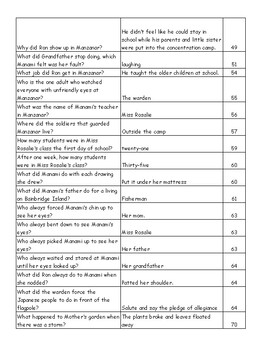

I was unaware that just 17 years after the abolition of slavery (the passing of the 13th Amendment in 1865), our nation adopted a law to ban another group of people from citizenship. The Asian American’s path to citizenship was missing from my textbooks in high school.

Yet, here I am, a fully grown adult, white woman with a new awareness of our violent and exclusionary past. I thought we were the “good guys” and was unaware of the battles waged on our soil. I did not have any idea that the sins throughout history in our nation to Black, indigineous, people of color would have been comparable, en masse, to the cruelty that occurred at Auschwitz. I would not have imagined there were gaping holes in my comprehension that I am discovering some 20 years later. I would have told you that I knew my nation’s history based on a personal assessment that I scored well in an advanced U.S.

Army in Germany, and shockingly naive as to my understanding of my own country’s history. When I visited Auschwitz, I was a confident, young 20-something serving in the U.S.

I lacked knowledge of the unjust battles that happened here.Ī Spanish philosopher, George Santayana, wrote: “Those who cannot remember the past are condemned to repeat it.” The first time that I read those words was on a wall at Auschwitz. I saw inequities in the U.S., but believed these were isolated to certain, small areas of the country, not peppering every city in the country. I joined the military, in part, to protect other countries from unjust wars. Perhaps, I will pique your curiosity as well. Through this focused journey I have come to better understand more about the gap of what I didn’t know about our history. Instead, my pandemic hobby was to do the work myself rather than to lean on my Black, indigineous, people of color (BIPOC) friends to teach me. In my earlier lifetime, during a heritage month, I would have dipped my toe into a speaker series at the library or watched a PBS special. To fully honor those resilient and brave Americans, it is our duty to learn more about our nation’s past and current relationship with them.Īdmittedly, prior to the pandemic my knowledge of United States history, specifically the path of Asian American and Pacific Islanders, was relatively shallow. May is Asian American and Pacific Islander Heritage Month.


 0 kommentar(er)
0 kommentar(er)
